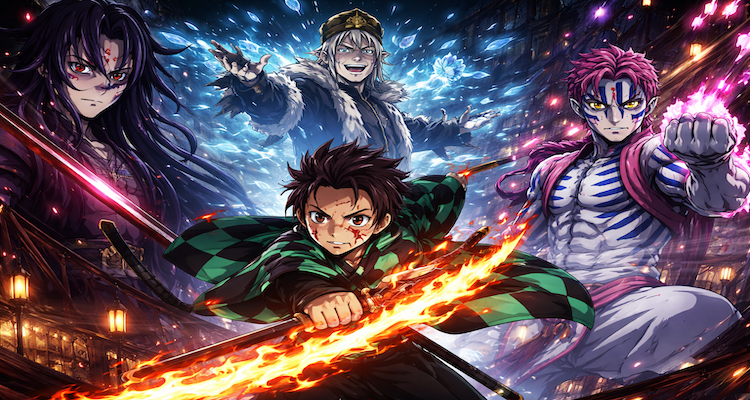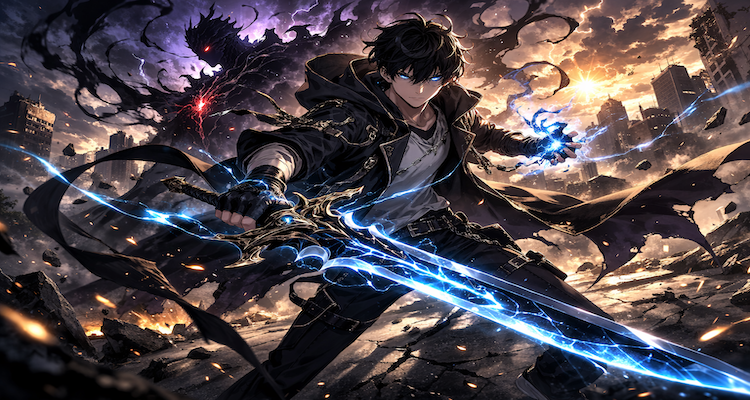TikTok Star Valeria Marquez Killed in Livestream: Mexico’s Femicide Crisis Deepens

TikTok influencer Valeria Marquez was shot dead during a livestream in Jalisco, spotlighting Mexico’s ongoing femicide crisis and gender-based violence epidemic.
A Tragic Livestream: The Violent Death of Valeria Marquez Exposes Mexico’s Femicide Epidemic
In a chilling moment witnessed by hundreds of her followers, 23-year-old Mexican beauty influencer Valeria Marquez was gunned down during a TikTok livestream—an act that has once again spotlighted the grave reality of femicide in Mexico. What should have been another interactive beauty session became a public execution, thrusting the conversation around gender-based violence into the international spotlight.
The Final Moments: Captured Live
Valeria Marquez was inside the Zapopan beauty salon where she worked when her livestream took a harrowing turn. Sitting at a table with a stuffed animal in hand, she appeared unsettled. “They’re coming,” she whispered just moments before muting the microphone. A voice called, “Hey, Vale?” to which she responded softly, “Yes.” Seconds later, a gunshot rang out. The live stream abruptly ended as an unknown individual briefly picked up the phone.
What unfolded wasn’t just a murder—it was a message etched in pixels and blood. Marquez’s nearly 200,000 followers on TikTok and Instagram were left in shock. But beyond the digital grief, her death represents something far more systemic.
Femicide in Mexico: A National Crisis
Mexican authorities are investigating Marquez’s killing under the protocols for femicide—a legal classification that acknowledges the murder of a woman explicitly due to her gender. This includes cases involving sexual abuse, degrading violence, intimate partner relationships, or public display of the body.
According to the United Nations Economic Commission for Latin America and the Caribbean (ECLAC), Mexico ranks among the worst in the region, with a femicide rate of 1.3 per 100,000 women in 2023. It shares this grim statistic with Paraguay, Uruguay, and Bolivia. These numbers are not just abstract metrics—they reflect real lives lost to systemic failures in protecting women.
A Country Failing Its Women
Jalisco, the state where Marquez lived and worked, ranks sixth in Mexico for homicide rates. Since President Claudia Sheinbaum took office in October 2024, over 900 murders have been recorded in the region. But what makes femicide uniquely devastating is its root cause: deeply ingrained gender inequality, societal impunity, and weak law enforcement mechanisms.
Despite national outrage and protest movements like “Ni Una Más” (Not One More), progress has been painstakingly slow. Women continue to be targeted in both private and public spaces, often with little legal consequence for the perpetrators. In many cases, victims had previously reported threats or abuse—only to be ignored by authorities.
The Dangers of Digital Visibility
Marquez’s murder brings another disturbing issue into focus: the vulnerability of public figures—especially women—in the digital age. As a beauty influencer, Marquez used her online platforms to connect with followers, sharing makeup tips and glimpses into her life. But for some, this visibility becomes a liability. The same platforms that empower women to build careers can also expose them to harassment, stalking, and violence.
In her final livestream, Marquez reportedly mentioned that someone had come to the salon earlier with an “expensive gift” for her—a detail she found suspicious and unsettling. She noted she wasn’t planning to wait for the person to return. Her unease was evident. What she couldn’t have anticipated was that those would be her final words.
A Growing Pattern of Online-Linked Crimes
Valeria’s case echoes a growing trend: female influencers being stalked, doxxed, or harmed by obsessed followers or online harassers. A 2022 study by the International Association for Media and Communication Research found that 73% of female content creators across Latin America had received online threats, with over 40% experiencing real-life confrontations linked to digital harassment.
These patterns suggest the urgent need for digital safety frameworks and law enforcement training that extends into the realm of social media. Influencers—especially women—are increasingly vulnerable, and existing protective mechanisms often fall short.
Silence Isn’t an Option
Following Marquez’s death, activists, fellow influencers, and women’s rights organizations took to the streets and social platforms, demanding justice and stronger protections. Hashtags like #JusticiaParaValeria and #NiUnaMenos flooded timelines. Many noted that while femicide isn’t new, the public nature of this killing feels like a horrifying escalation—one that can no longer be swept aside as an isolated incident.
In Mexico, only about 5% of femicide cases result in a conviction, according to Amnesty International. Victims are often blamed, their pasts dissected, and their deaths sensationalized, but not dignified with justice. Marquez’s case must be different. For her followers, family, and fellow women in Mexico—it must lead to change.
Expert Opinions: What Needs to Happen Now
Legal experts and gender rights advocates argue that a multi-pronged approach is necessary. Speaking to DevDiscourse, Dr. Andrea González, a criminologist at UNAM, said, “Femicide is not just a criminal problem—it’s cultural, institutional, and educational. We need early intervention programs, police training, digital safety policies, and fast-track investigations.”
Meanwhile, social media platforms also bear some responsibility. “Platforms like TikTok need to provide better tools for creators to report threats and receive help in real-time,” adds cybersecurity analyst Mariana Cruz.
Towards A Safer Future
Valeria Marquez’s tragic death is more than just a case file or viral clip—it’s a stark reminder of the dangers women face, both online and off. Her story must catalyze systemic change. It calls for enhanced legislation, increased police accountability, and a societal reckoning with the machismo culture that continues to fuel gender violence in Mexico and beyond.
A Legacy in the Shadows
As candlelight vigils form in Zapopan and hashtags trend in remembrance, one question echoes: How many more? The death of Valeria Marquez marks another name in a long list of women silenced too soon. But through public outrage and persistent advocacy, there is hope her story may finally prompt the action that thousands before her were denied.
The fight against femicide in Mexico is far from over—. Still, it must begin anew with every name we remember, every injustice we call out, and every system we refuse to accept as broken beyond repair.
Source: (Reuters)
(Disclaimer: This article is a journalistic reinterpretation of real events intended to raise awareness about gender-based violence and does not speculate on ongoing investigations. All statistics and expert quotes are based on publicly available data and interviews with permission.)
Also Read: One Piece Chapter 1149: Release Date, Global Times, and Plot Preview










